In a 1966 photograph of a Grinnell College football game, a Pioneer mascot cheers from the sidelines. He wears an animal fur hat, two powder horns strapped around his waist and brandishes a rifle. This lone photograph in the College’s archives is the only evidence of a physical Pioneer mascot in the College’s history.
Yet nearly four years after 837 Grinnell alumni and students signed a petition to change the College’s nickname, the Pioneer name has endured. So where did this nickname originate, why do some advocate for its removal and will the Pioneer persist?
Why it matters
In the fall of 2020, John Aerni-Flessner `01 wrote a petition asking the College to change the Pioneer nickname. Aerni-Flessner explained that as a history major, he felt ashamed that he never stepped back to examine the history of the word Pioneers. He said that “in the wake of 2020, with George Floyd and pretty great protests that were taking place across the country, I stopped and thought about it a little bit harder and said, perhaps for an institution that brands itself as progressive, it might be time to move on from the Pioneers.”
After consulting with a few fellow alums, Aerni-Flessner sent the petition to other people he knew and posted it on social media. The petition garnered nearly 837 signatures in a matter of weeks. Over 400 signatures came from then-current students with an additional 400 plus votes coming from alumni. 14 signatures came from faculty and staff. Aerni-Flessner sent the petition to President Anne Harris on Oct. 4, 2020.
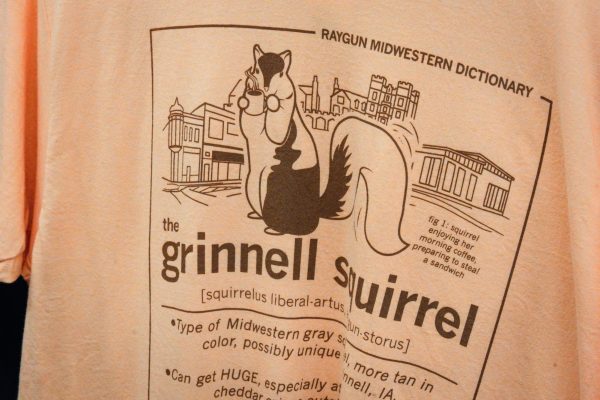
The petition ended with the statement, “We ask that Grinnell College move with all due haste to remove the ‘Pioneers’ nickname and replace it with one that cannot be construed as celebrating the removal and attempted extermination of Indigenous peoples.”
Sarah Purcell `92, L.F. Parker professor of history and department chair of digital studies, said she signed
Aerni-Flessner’s original petition. As a historian, she said, the Pioneer name is “related to the possession of land.” Grinnell’s founding story may not be as complicated as others, but, Purcell continued, “it’s not flattering, it’s not positive, and it’s at the very best outdated.”
While many people Aerni-Flessner originally spoke to expressed similar desires to change the name, he said, “There was a small group of folks who declined to join because they liked the nickname. There was a larger group of folks who declined to sign because they were afraid of what might come to replace it.”
The petition did not include any suggestions of alternative nicknames for the College. “I stayed absolutely agnostic on the question of what the mascot should be,” said Aerni-Flessner. “I said from the front, I’m not on campus, this isn’t my decision to make, not my place to insert myself into that debate.”
Aerni-Flessner said that after his initial email to President Harris, they communicated a few more times throughout the school year, but he received no indication that the College planned to reconsider the Pioneer name in any official capacity.
Why Pioneers
The College adopted the nickname “Pioneers” in 1919 as a result of a contest to select a name for Grinnell’s athletic teams. Other suggestions included “Trojans,” “Cubs” and “Bear Cats.” According to an Oct. 29, 1919 S&B article, “the nickname was chosen because of its significance in connection with the history of the college.”
The article also mentions that the nickname would be used for the first sporting event “to be staged on Iowa soil.” It also reports on the “Iowa Band who were pioneers in the middle of western education.”
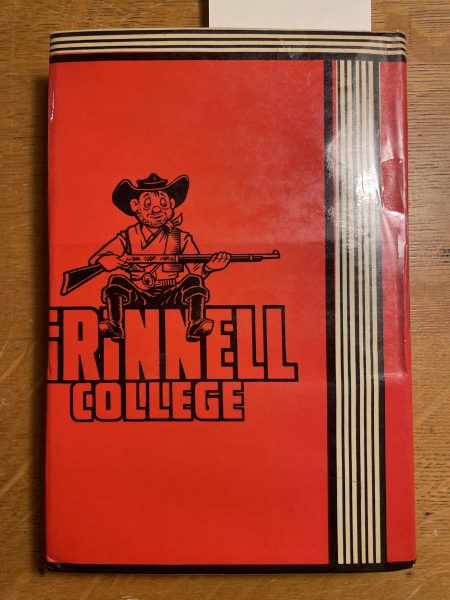
(Allison Moore)
According to Chris Jones, special collections librarian and archivist of the College, prior to 1919 Grinnell’s athletic teams competed simply under the name Iowa College, which then became Grinnell College. He said those students sometimes referred to themselves as the “scarlet and black.”
While some might be forgiven for thinking Grinnell’s official mascot is the squirrel, the iconography of the college has varied over time. Jones also said that the Honor G, “a kind of variation on the Iron Cross or the Maltese Cross that we still see today,” first appeared in campus imagery 27 years before the introduction of the Pioneers.
According to Jones and Purcell, Pioneer imagery mostly disappeared by the 1970s. Purcell said that in the 80s and 90s, some sports teams still referred to themselves as Pioneers, but others did not use the name at all. In fact, Aerni-Flessner said that many Grinnell athletic teams have referred to themselves with their own alternative nicknames — like cross country’s “purple kangaroos” or the swim team’s “mad ducks” and “mad dogs,”
When she attended the College in the late 1980s, Purcell said the nickname “wasn’t as critiqued or anything, it just was a little bit more present on campus culture, that word Pioneers.”
Purcell also said that “in some ways, Pioneers fits that ‘first in something’ idea. Now, in other ways, it doesn’t. “Pioneers” is a term that’s related to the settlement of the West and Manifest Destiny, but kind of in different ways. I don’t think anybody would have called J.B. Grinnell a pioneer.”
What happens now
Today, the Pioneer Bookstore sells almost nothing with the word “pioneer.” Instead, symbols of squirrels have seemingly taken over campus merchandise. The word “pioneer” does still appear on a few banners inside the Charles Benson Bear `39 Recreation and Athletic Center.
Current students use their “P-Cards” or Pioneer One Cards to gain access to the Dining Hall and campus facilities. The Donald and Winifred Wilson Center for Innovation and Leadership hosts an annual Pioneer Weekend for social innovation, and the baseball team plays at Pioneer Park.
Purcell said that the spirit of pioneering “still gets invoked in kind of oblique ways, like that “go forth Grinnellian” phrase. It was meant to be this kind of positive, outgoing, we’re going to go out in the world and do great things.”
In 2020, the College issued a statement following the submission of the petition. It said, “the College is aware that members of our community have raised concerns about the athletic nickname and acknowledges it is an important issue. Senior leadership at the College is currently developing a collaborative process to evaluate Grinnell’s mascot in a way that engages perspectives from all constituents.”
Ellen de Graffenreid, vice president of communications and marketing, said that since she came to Grinnell in June 2022, “there hasn’t been any widespread official discussion of changing the name.”
De Graffenreid said that the last time the College examined their overall brand for both academic and athletic identity was in 2018. “In marketing terms, that’s kind of a really long time ago,” she said.
Starting next academic year, de Graffenreid said the marketing and communications office will begin reaching out to stakeholders — College alumni, faculty, staff, students — to begin this process of reassessing Grinnell’s brand.
“As we begin that work next year, we’ll listen for how people talk about the College, and that will tell us if what we’re saying about Grinnell represents the College accurately well, and all of that work will inform how we talk about the College going forward,” said de Graffenreid.
While there are no concrete plans to specifically assess the Pioneer nickname in this process, de Graffenreid said she would not be surprised if it came up. “Taglines, logos, nicknames, those are all shorthand for your overall brand,” she said. “What’s really important for me in doing my job is how everybody associated with Grinnell views the College and all of the ways that we refer to it.”
Aerni-Flessner said he still hopes that students on campus keep the conversation alive. “As an alum, I think calling for the change of the mascot is germane,” he said. “This is just a small step the College could take to rectify some of these historical wrongs. Really it was intended to be a conversation starter.”
Correction 4/15/24 12:53 p.m. — This article has been corrected to reflect that over 400 signatures on Aerni-Flessner’s petition came from then-current students with an additional 400 plus votes coming from alumni. 14 votes came from faculty and staff.



















































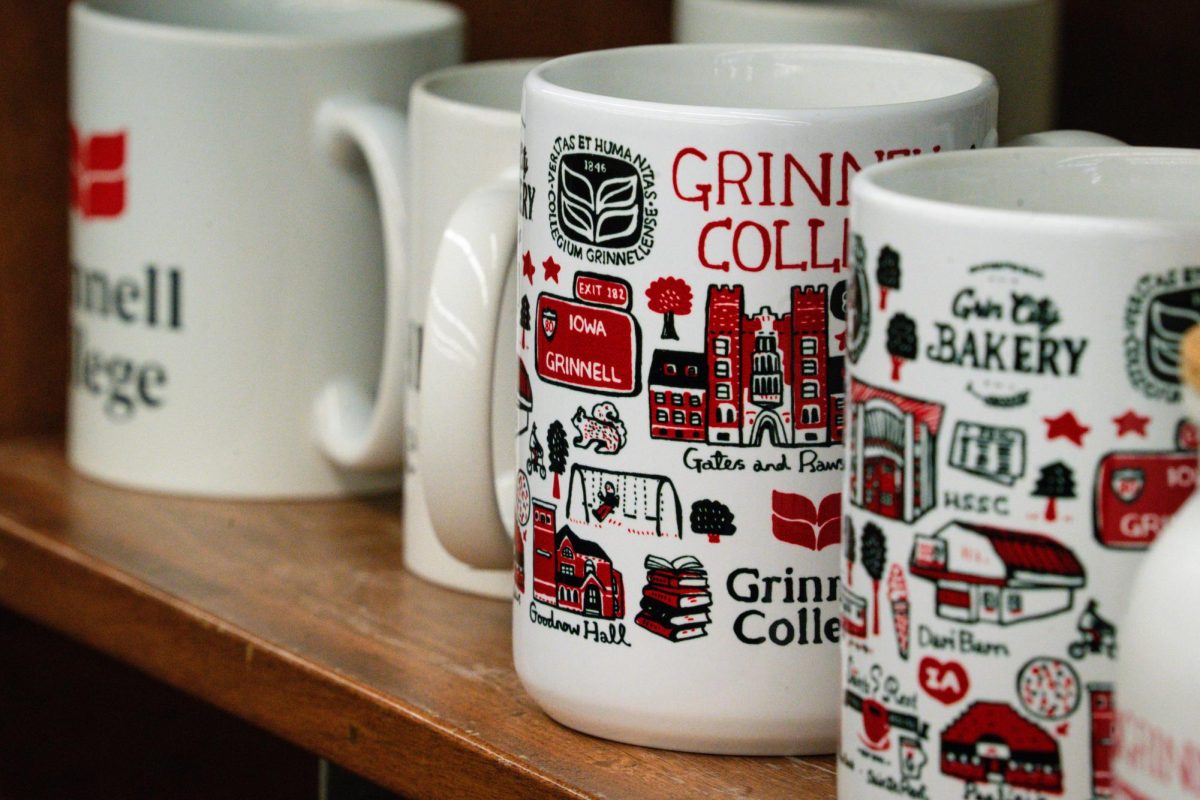

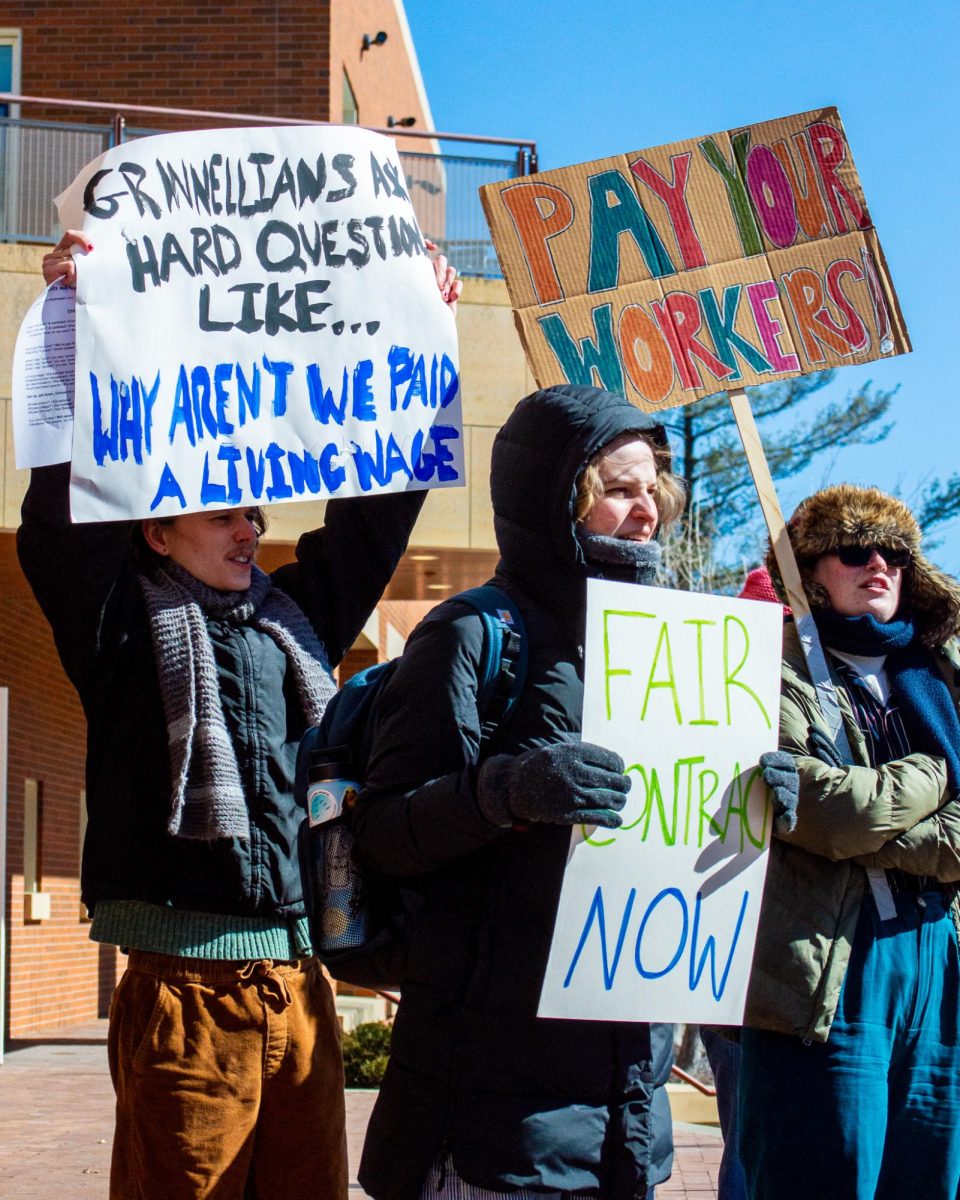
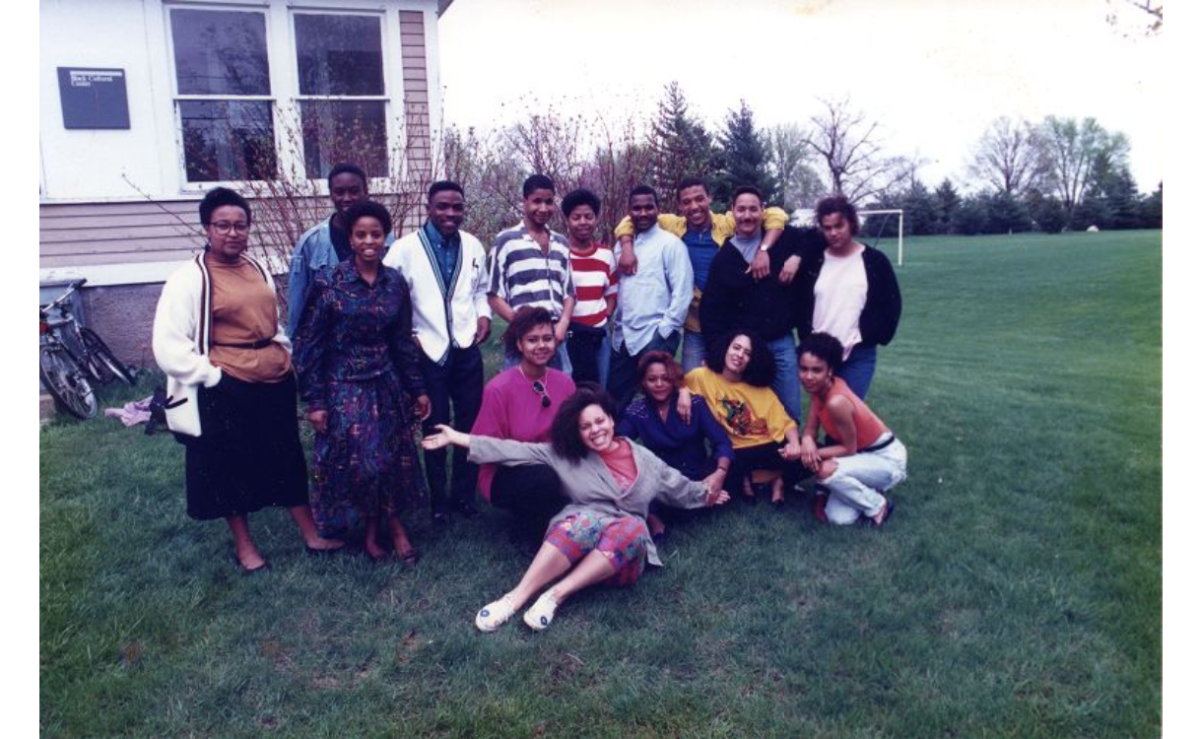
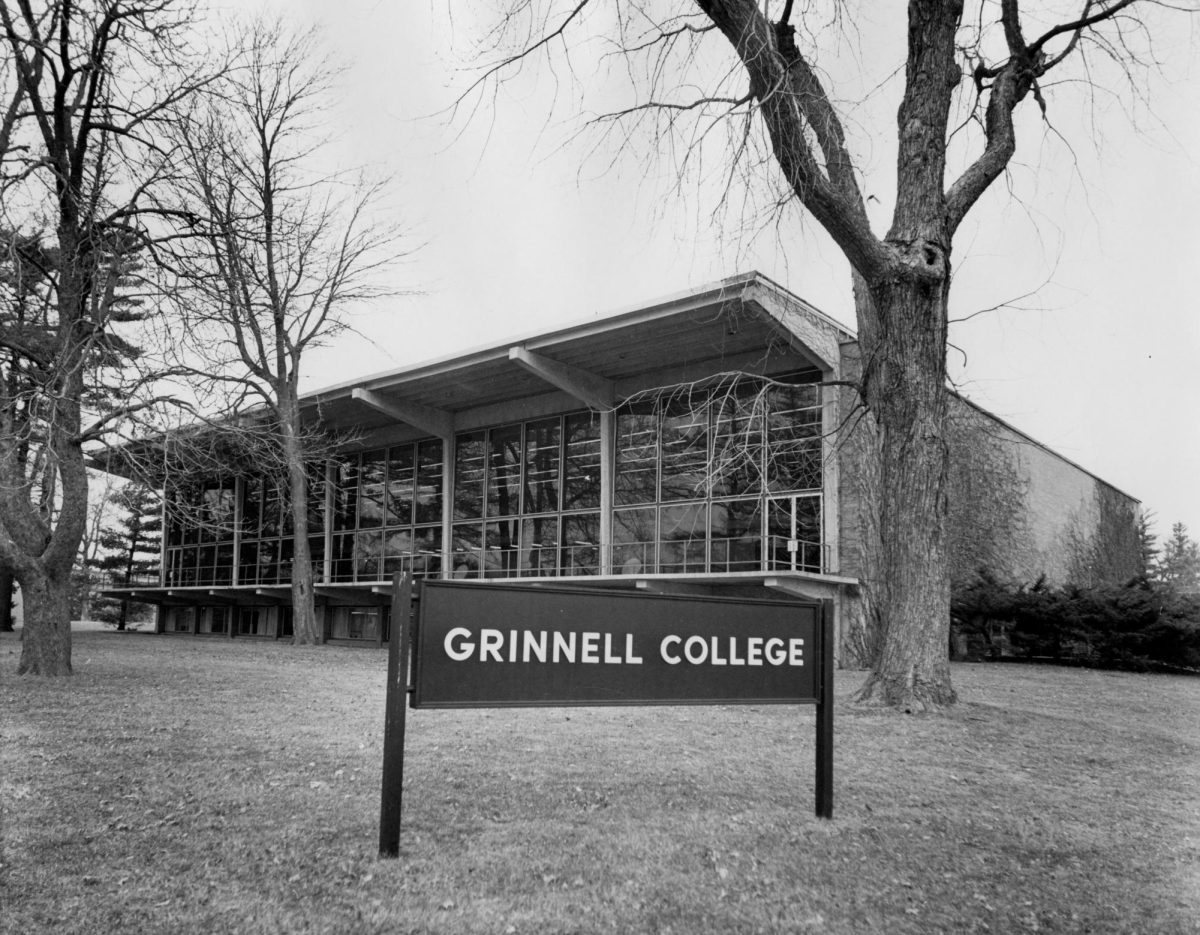
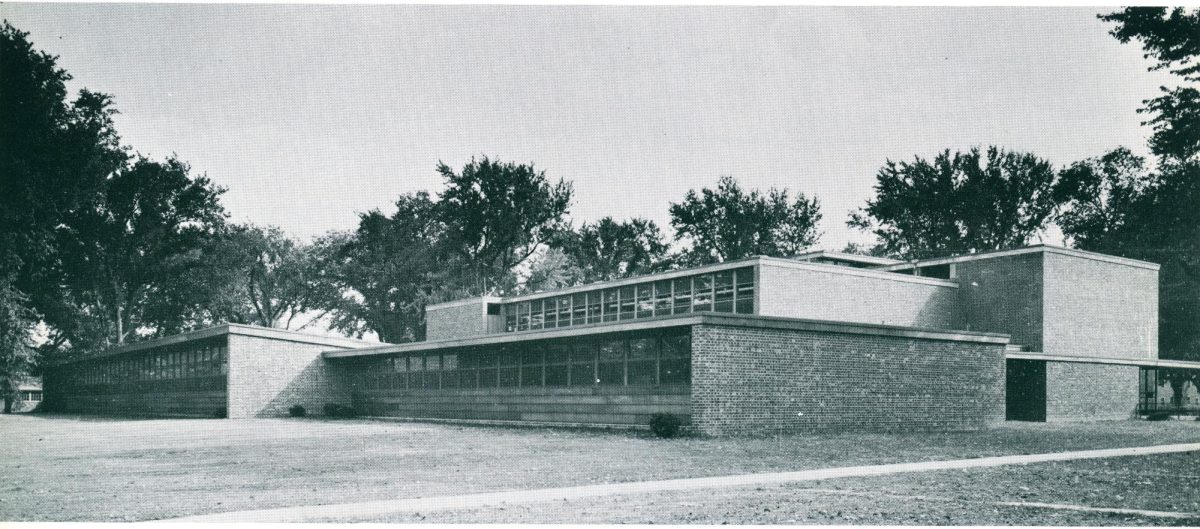
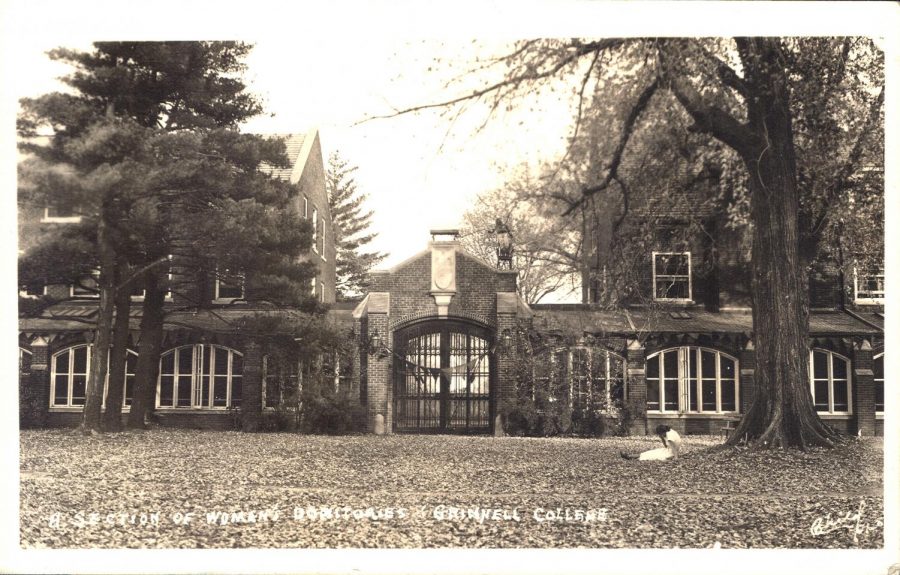
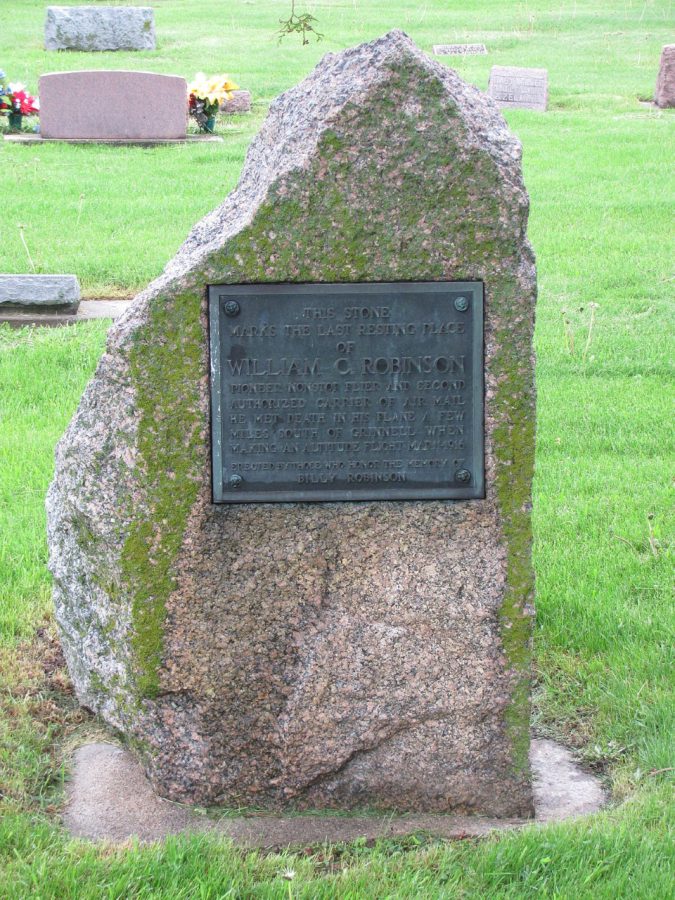

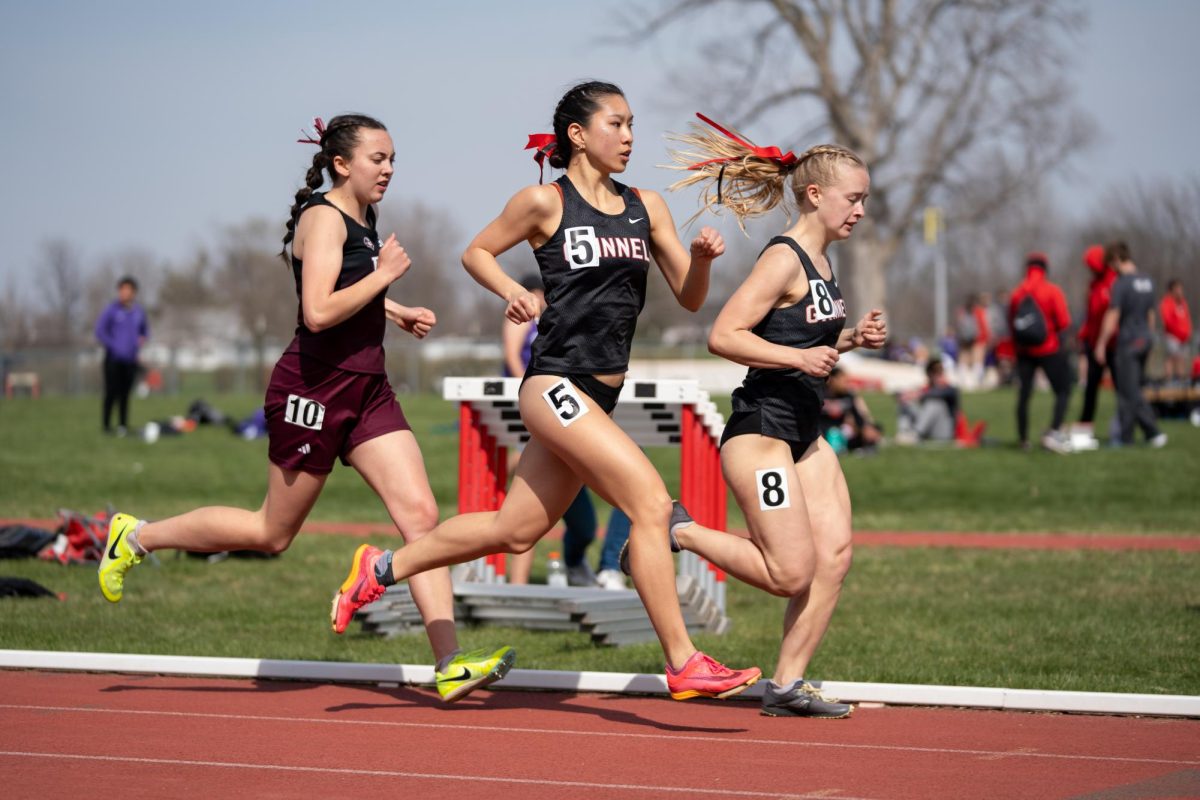
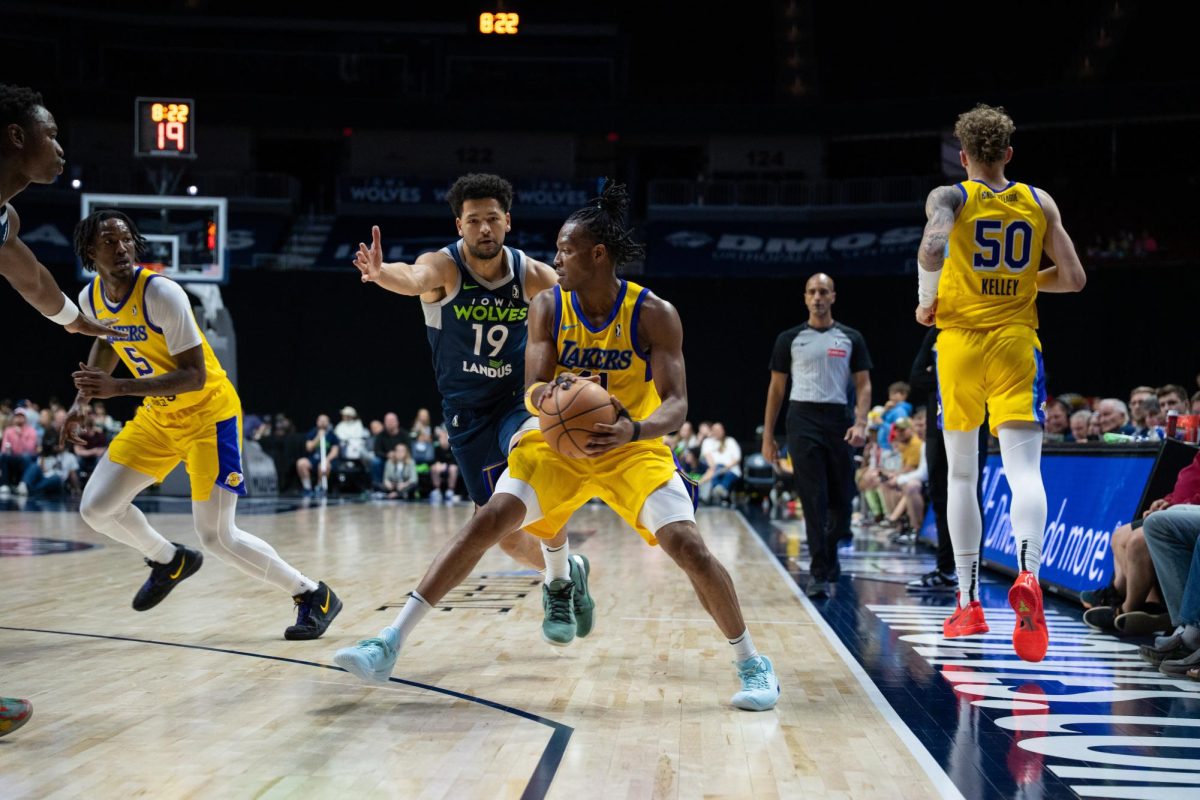

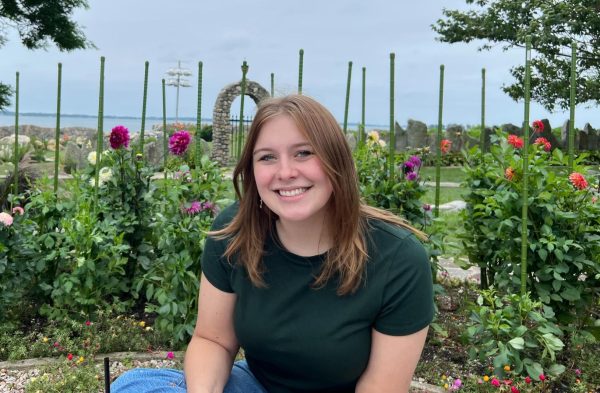
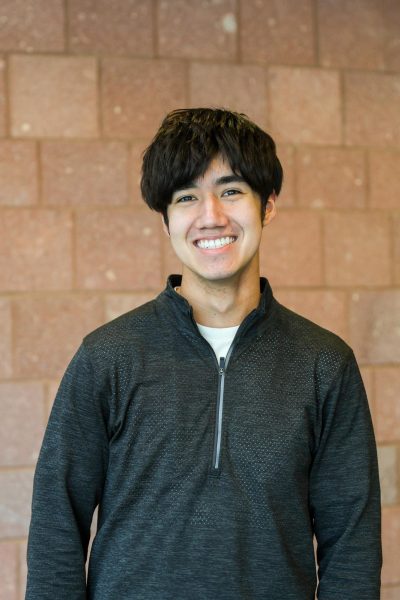
Bill Warren • Mar 4, 2025 at 6:18 pm
I have several strong opinions about the Grinnell College mascot. This is not, however, the forum in which to set most of them forth. Suffice it to say that, in my humble opinion, the mascot should remain the Pioneer. I oppose a switch to a Squirrel, and further oppose the elimination of a mascot altogether. As a Grinnell College athlete, and a 1974 GC graduate, I remain a proud Grinnell College Pioneer!